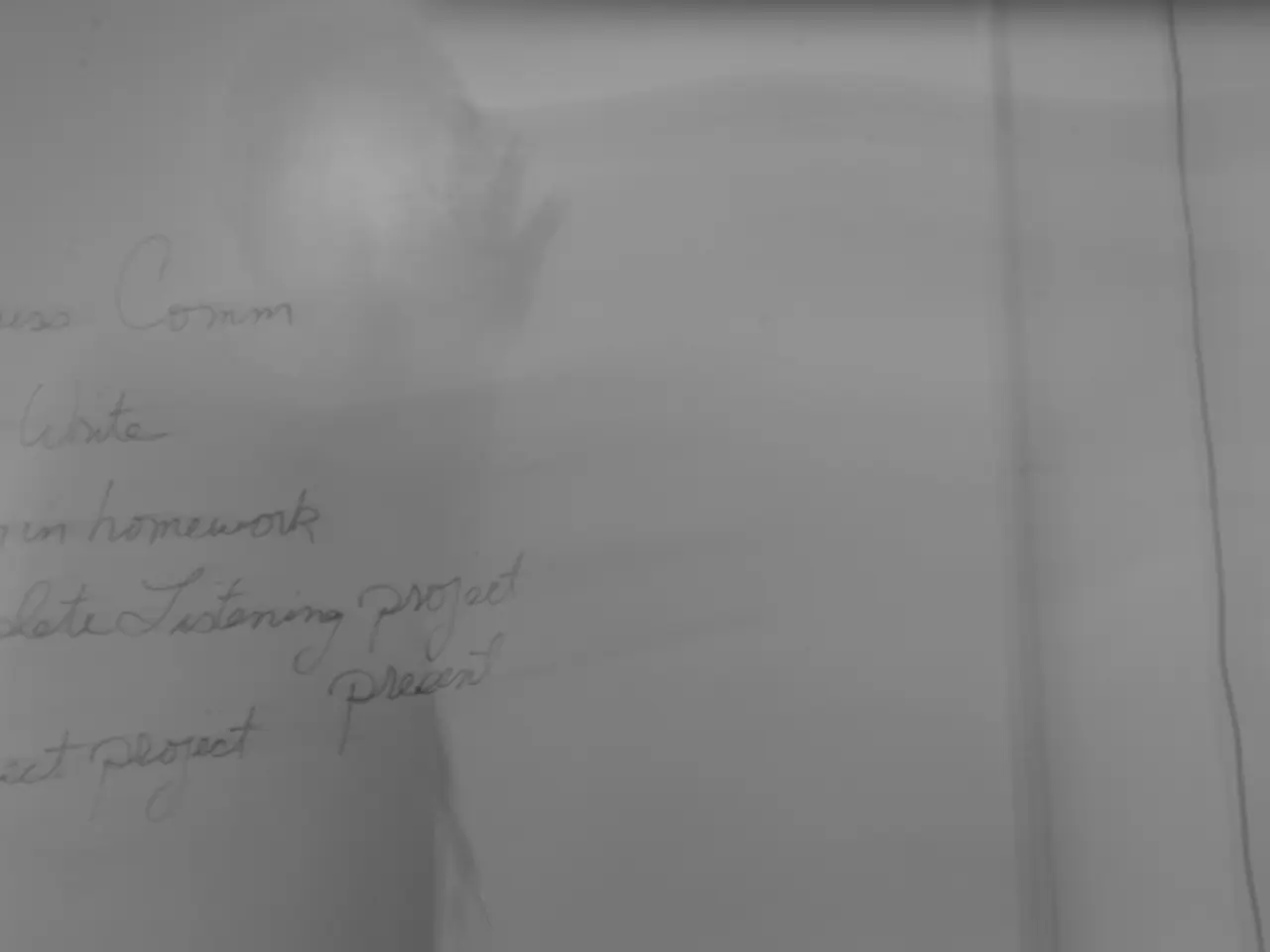In Germany, a decade after a significant immigration wave, the impact is clearly evident
In 2015, Angela Merkel, Germany's four-term chancellor and one of the most successful politicians of the 21st century, made a historic statement, "Wir schaffen das," during the refugee crisis. This Saturday marks the ten-year anniversary of this landmark moment.
Merkel's decision to welcome a significant number of asylum seekers, primarily displaced by conflict in Syria and surrounding countries, was met with both praise and criticism. While the far-right Alternative for Germany (AfD) party used the massive influx of foreign refugees as a political goldmine, many refugees have taken on critical roles in Germany's hospitals and contributed to the country in various ways, socially, economically, and culturally.
Examples of immigrant contributions are abundant. Vietnamese restaurants, Syrian bakeries, Turkish-German hip-hop, movies, music, and adding 730,000 workers to the economy are just a few examples of the positive impact refugees have had on Germany.
However, the Christian Democrats (CDU), Merkel's conservative party, has undergone a significant change in tone. Once the party of "we can do it," the CDU is now perceived as the party of "we're shutting it down." CDU/CSU leaders have increasingly parroted far-right speaking points, a shift that has been concerning for many.
This change in strategy, which involves imitating far-right rhetoric, is not supported by recent polls. Numerous polls disagree with the CDU's approach, suggesting it may not be effective in beating the AfD.
The Social Democratic Party (SPD), on the other hand, has consistently emphasized the successes of refugee integration and highlighted their positive impact on society and the economy over the past ten years. This is reflected in their political statements and events promoting solidarity and social cohesion.
Carsten Linnemann, CDU General Secretary, has suggested that less than half of refugees are now in work. However, IAB's data shows that 64% of working-age refugees were employed last year.
The CDU-led government has made significant efforts to tighten Germany's borders, block and deport asylum-seekers, and has taken aim at policies that benefit highly-integrated immigrants. This approach has been met with criticism, with many arguing that it undermines the positive contributions refugees have made to Germany.
Despite these changes, Merkel maintains that her decision to welcome a historic number of asylum seekers was the right thing to do. She believes that Germany's efforts in welcoming refugees have been largely successful. Most people in Germany likely agree that ridding the country of immigrants would be a huge loss.
As we reflect on the ten-year anniversary of Merkel's "Wir schaffen das," it's clear that the political landscape in Germany has shifted. However, the contributions of refugees to German society, economy, and culture remain undeniable. Highlighting these contributions could help turn the tide on the political shift to the right.
Read also:
- Lu Shiow-yen's Challenging Position as Chair of the Chinese Nationalist Party (KMT) Under Scrutiny in Donovan's Analysis
- Enemy Forces Have Taken Ukrainian Prisoner
- BJP Persuaded Delhi Voters That Supporting AAP Was Pointless, According to Pavan K. Varma
- Potential Democratic Contenders for Presidency in 2028 Yet to Exclude Themselves from Race








